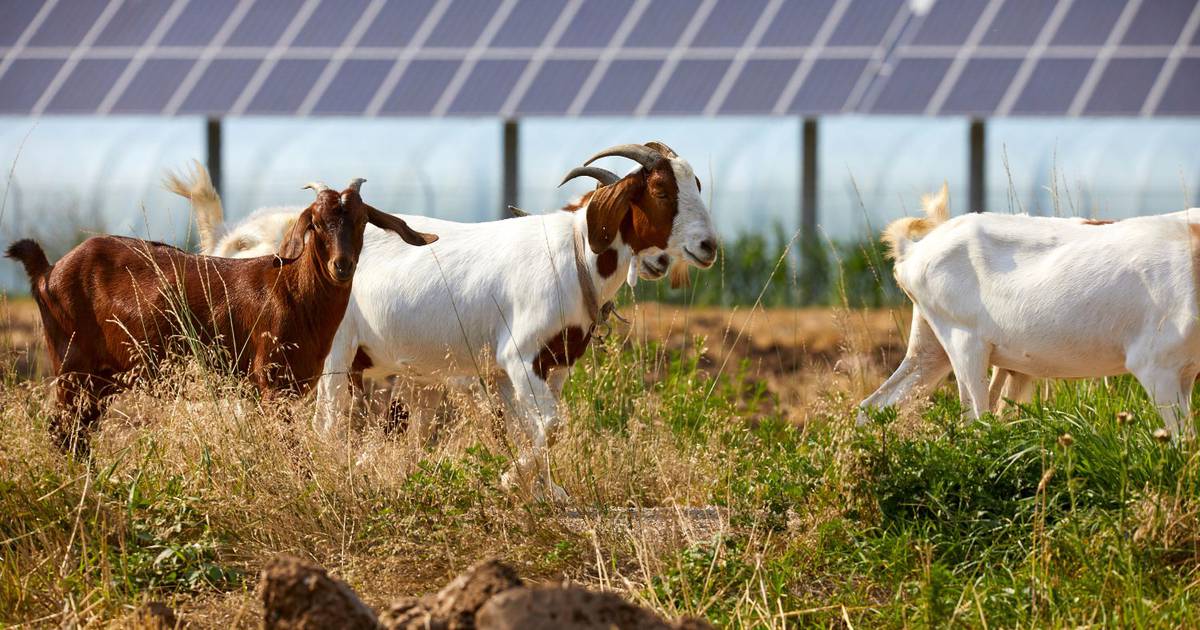Agrosolar technology, a renewable energy source that converts solar energy into electricity for agricultural activities, has been legal in Croatia since it joined the European Union. However, farmers and analysts in the country are still uncertain about its full potential. This uncertainty was addressed at the 4th Mediterranean Agricultural Forum AGROMED held in Šibenik, where stakeholders discussed the importance of agrosolar technology.
Marko Karoglan, a professor at the Faculty of Agriculture in Zagreb, emphasized that there are many uncertainties surrounding agrosolar technology. To address these concerns, agronomists, farmers, renewable energy specialists, and decision-makers from local, regional and national levels gathered at the forum to educate attendees on its workings and advantages and disadvantages.
One major concern regarding agrosolar technology is its impact on agricultural production due to climate change and evolving farming practices. These systems are seen as a sustainable way to address these challenges. However, their effectiveness largely depends on achieving a certain yield threshold. If yield falls below this threshold, agrosolar plants may need to be dismantled as noted by Karoglan.
Despite initial skepticism among farmers about adopting agrosolar technology, growing interest is emerging to explore its potential benefits. Large amounts of land in Croatia are deemed suitable for agrosolar plants which could lead to a significant increase in electricity production through renewable sources. The installation of agrosolar systems in Croatia could potentially be supported by EU funds and state incentives aligning with the EU’s “Green Plan” to reduce harmful emissions from electricity production by 2050.
As Croatia contemplates further adoption of agrosolar technology ongoing research, test areas and stakeholder collaboration will be crucial in gauging its long-term impact on the agricultural sector. The road ahead may involve cooperative initiatives financial investments policy support to unlock the full potential of agrosolars in Croatia’s farming landscape.


